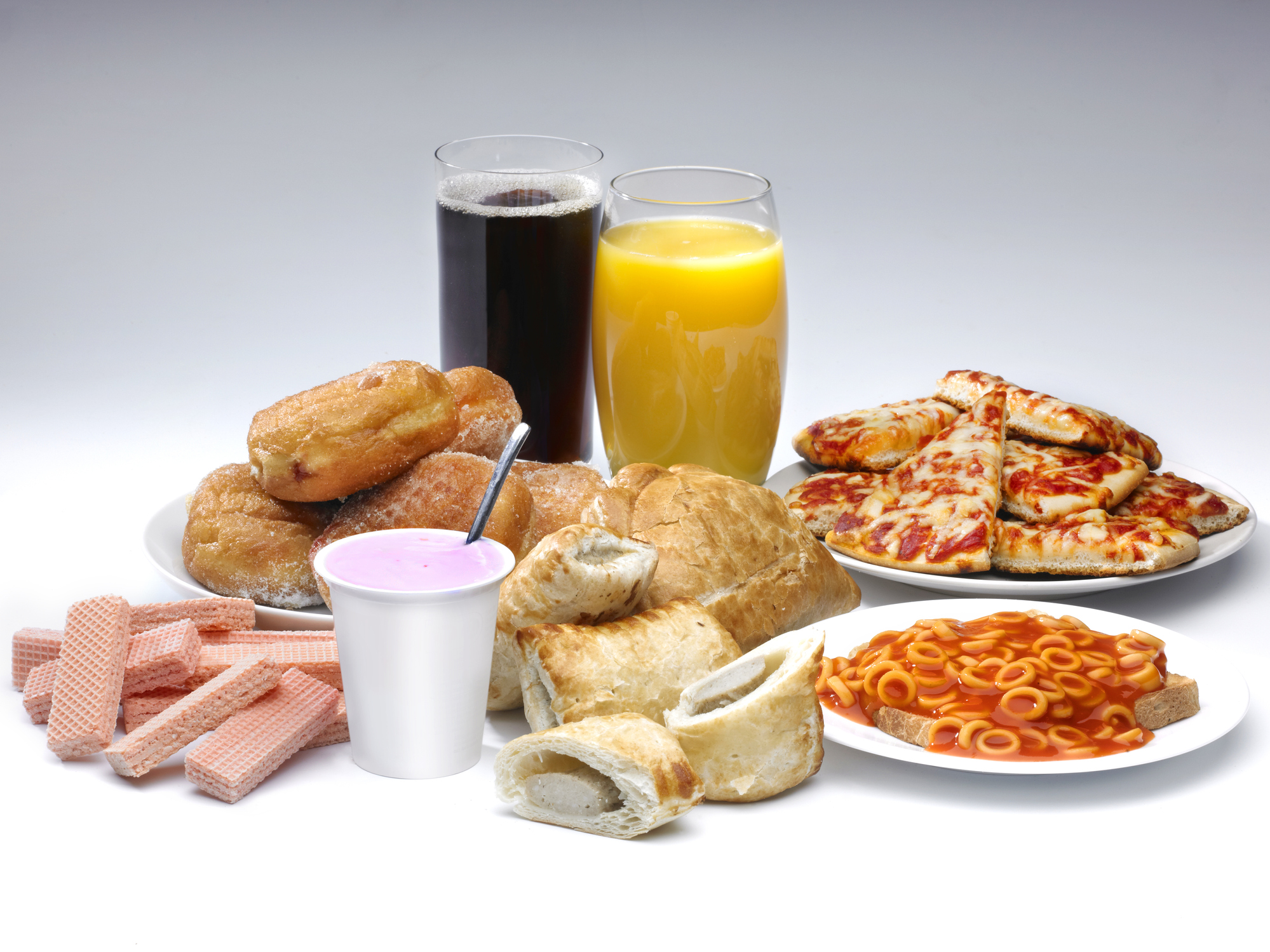Foods in the U.S. are suspected of having a carcinogen ingredient called potassium bromate which isn’t allowed for human consumption in Europe, China, or India.
Certain food manufacturers in the United States employ the chemical component, typically tiny crystals or powder, to fortify dough. It’s estimated to be in more than 100 products.
Professor Erik Millstone, an expert on food additives at England’s University of Sussex, told CBS News, “There is evidence that it may be toxic to human consumers, that it may even either initiate or promote the development of tumors.”
Millstone claimed that compared to the U.S., European regulators are far more concerned about food safety.
He said it was “almost certainly” possible to conclude that people in the U.S. have developed cancers they wouldn’t have developed if they’d eaten exclusively in Europe because of differences in regulations.
However, potassium bromate is only one component. Additionally, several other substances and chemicals prohibited in Europe due to health concerns are permitted in the United States, like titanium dioxide (also known as E171), brominated vegetable oil (BVO) (E443), potassium bromate (E924), azodicarbonamide (E927a), and propylparaben (E217).
Likely, most Americans aren’t aware that they’re eating substances considered dangerous in Europe, said Millstone, whose research has spanned more than half a century.
“They probably just think, ‘Well, if it’s available or it’s in the store, it’s probably fine,'” he said.
According to the FDA, all food additives require “pre-market evaluation,” and “regulations require evidence that each substance is safe at its intended level of use before it may be added to foods.”
“Post-approval, our scientists continue to review relevant new information to determine whether there are safety questions and whether the use of such substance is no longer safe,” the agency added.
The FDA further asserted that it transforms into a safe compound when potassium bromate is utilized correctly during food preparation.
The agency did acknowledge that not all of a given ingredient used in a recipe may convert during production but that control measures were taken to reduce the amount in finished products.



